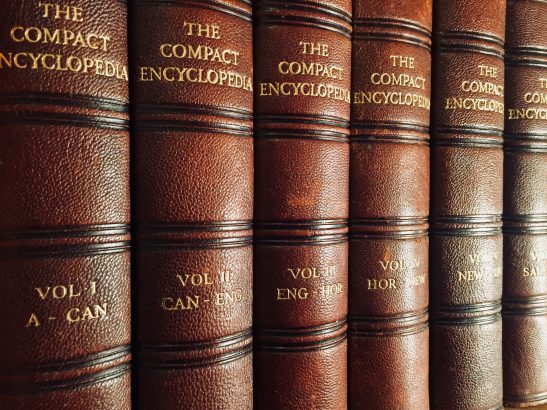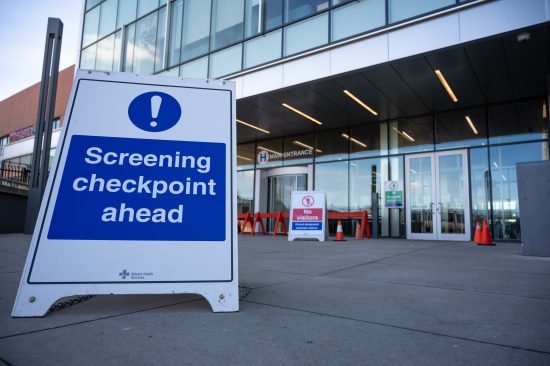
Too many options may be bad for your health?
In the age of the internet, specifically, the world wide web of websites that offers a ton of information, what should we use and for what?
We often browse the web for various reasons.
First, there is the “I have had a headache for two days, what could it be?” and what to do about that.
In the past, we may have called our doctor, or another healthcare professional, even asked a friend or two – you know, that expert medical friend or family member if you have access to those.
Now, we take what we think is the fastest route to health and well-being. The fastest route to garner all the needed information to supposedly know what ails us and how to fix it now.
We have become impatient.
But is the information you garner from health sites, WebMD or less reputable ones, accurate?
Or do they take you down a path, maybe even through a short quiz, for you to begin to believe that a 2-day headache might signify a brain tumor?
What about when researching for an academic paper.
When you know not much about a topic, where do you go to learn more?
The Encyclopedia?

In the very very very distant past, one might have consulted an encyclopedia, or even cozied up to the school or community librarian.
Nowadays, we go straight to Wikipedia. Straight to other web resources.
But should we take just anything? Should we accept anything?
No matter how convenient and interesting they may seem, are those sources accurate? Legitimate? Reliable? Aboveboard?
The short and simple answer. NO!
So, what now, you might ask?
You might very well need to learn some of the skills and knowledge of your local librarian. They most definitely have the answer! They can lead to the resources you need, and they will be legitimate. No questions asked. No uncertainty. I have to say that a classmate, an expert librarian, came to mind throughout this course module, and I cannot wait to read what her take on this topic is on her blog.
But you can do it too. There are still ways to get there. There are ways to trust online resources again and again and you can figure it out.
This is where my tried-and-true way of evaluating information stood right in front of me.
5Ws And a Lonesome H

The 5 Ws and an H model – The Who, Why, What, When, Where, and How things get done.
Using this model, I developed a handy, hopefully quick, and simple way of evaluating web resources using Adobe Express (my feedback on the tool is for another day but maybe an upgraded version would be better than what was free). Simply remember to assess where the content was published and how recent it was shared, know who wrote what you are reading, if you can determine why they created that content, what linkages did they make to the work of others, and how they put it all together.
So, you see.
Making sure you have reliable web resources to use?
It might seem daunting, downright discouraging, but difficult it is not.
Happy evaluating!

